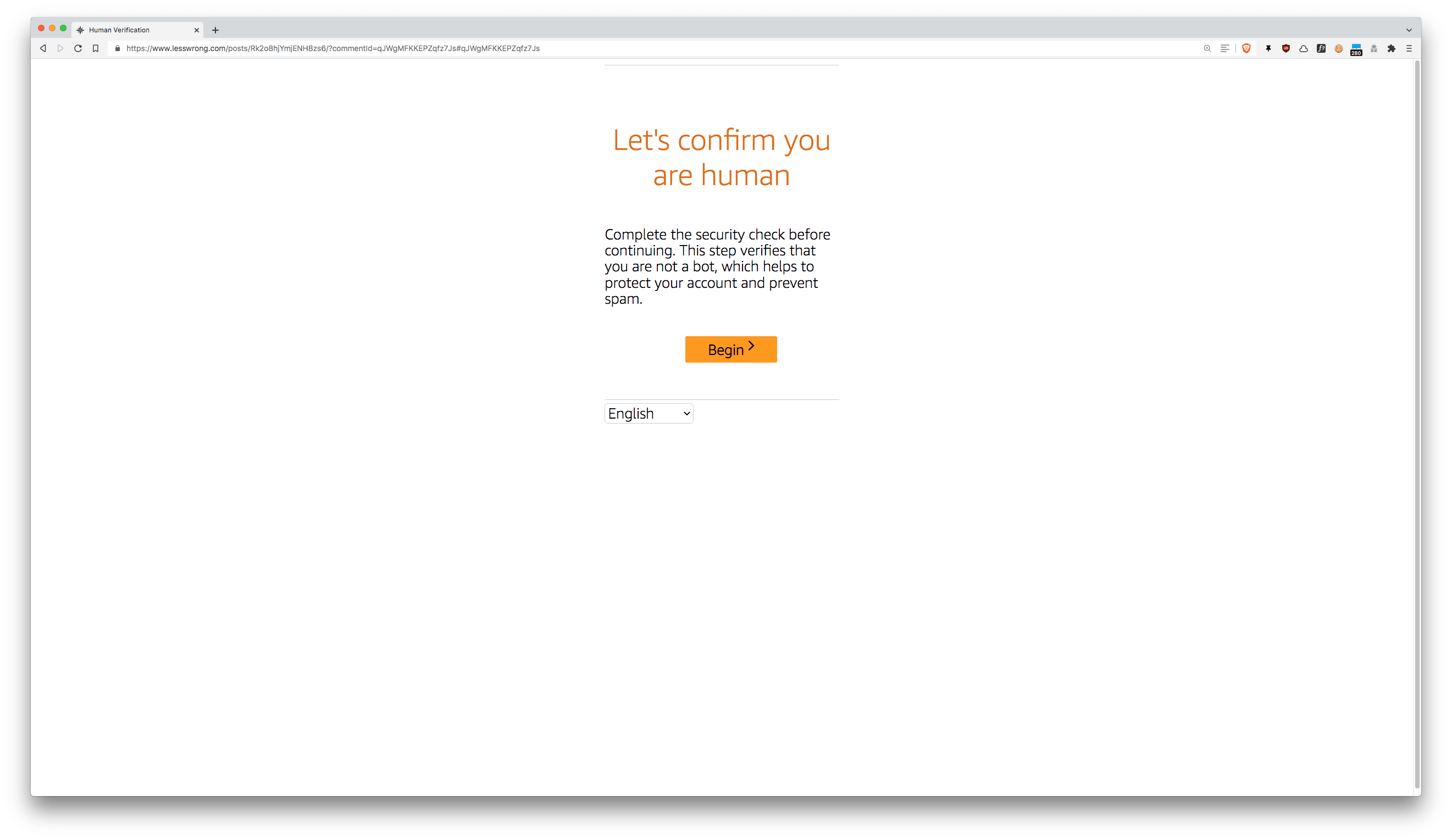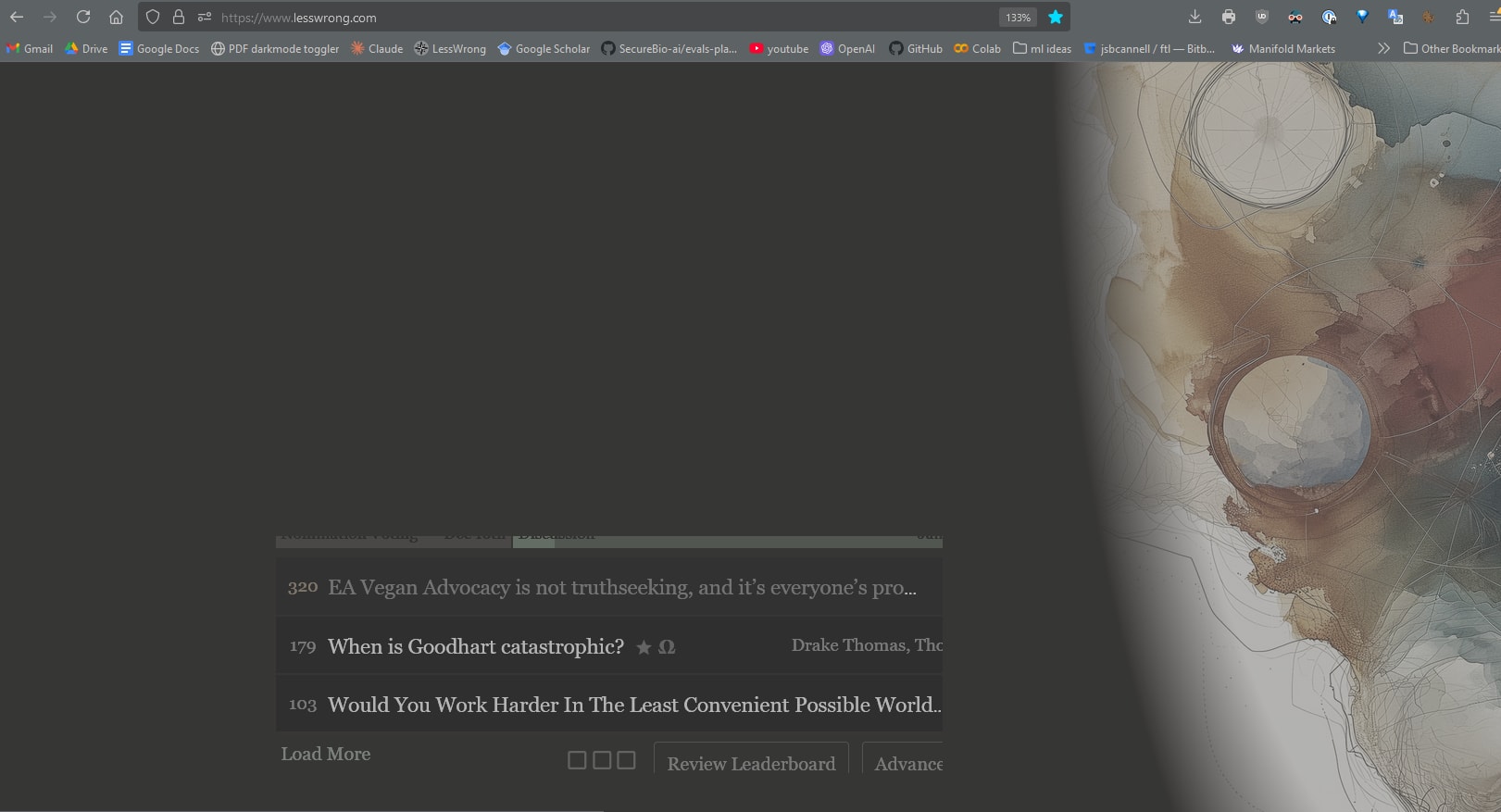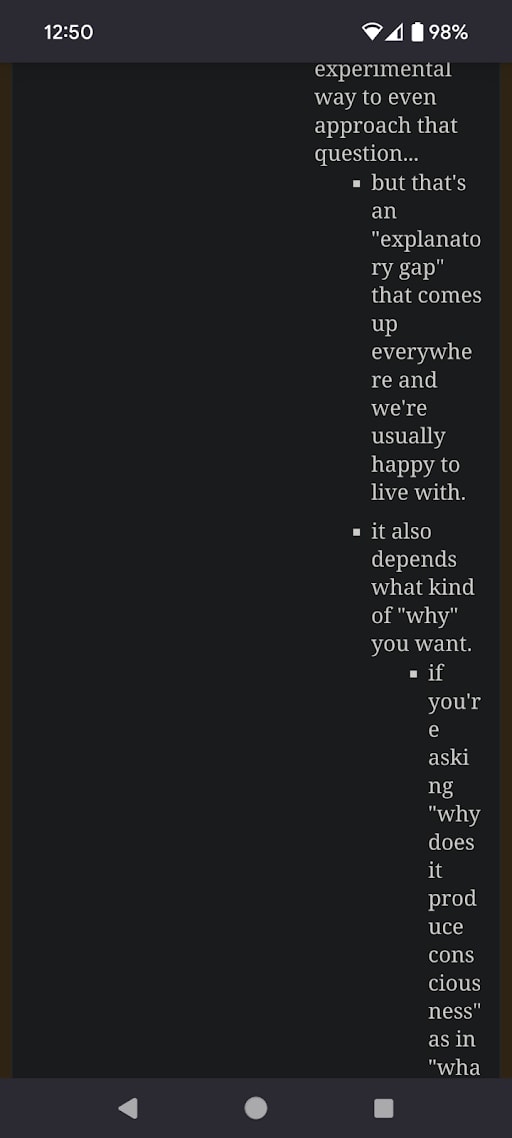If it’s worth saying, but not worth its own post, here's a place to put it.
If you are new to LessWrong, here's the place to introduce yourself. Personal stories, anecdotes, or just general comments on how you found us and what you hope to get from the site and community are invited. This is also the place to discuss feature requests and other ideas you have for the site, if you don't want to write a full top-level post.
If you're new to the community, you can start reading the Highlights from the Sequences, a collection of posts about the core ideas of LessWrong.
If you want to explore the community more, I recommend reading the Library, checking recent Curated posts, seeing if there are any meetups in your area, and checking out the Getting Started section of the LessWrong FAQ. If you want to orient to the content on the site, you can also check out the Concepts section.
The Open Thread tag is here. The Open Thread sequence is here.






What we'd ask depends on the context. In general, not all rationalist teachings are in the form of a question, but many could probably be phrased that way.
"Do I desire to believe X if X is the case and not-X if X is not the case?" (For whatever X in question.) This is the fundamental lesson of epistemic rationality. If you don't want to lie to yourself, the rest will help you get better at that. But if you do, you'll lie to yourself anyway and all your acquired cleverness will be used to defeat itself.
"Am I winning?" This is the fundamental lesson of instrumental rationality. It's not enough to act with Propriety or "virtue" or obey the Great Teacher. Sometimes the rules you learned aren't applicable. If you're not winning and it's not due to pure chance, you did it wrong, propriety be damned. You failed to grasp the Art. Reflect, and actually cut the enemy.
Those two are the big ones. But there are more.
Key lessons from Bayes:
Others I thought of:
I'm not claiming this list is exhaustive.